Stuff — Where do all these things come from and what am I to do with them? The older I get the more stuff I collect, and I don’t like that. I like clean and neat and orderly and everything in its place. Having recently cleaned out my personal office at The Examiner after a five-year stint in the same building when I entered semi-retirement left me bewildered and very tired.
Bringing all of the stuff home, unpacking and adding this load to the contents of my new office at the beach cabin was a huge task. I thought I had discarded everything I possibly could. I threw away things I really wanted to keep or things that I might need some day.
Do you have any idea how large a stack five years’ worth of reporter’s notebooks can make? I threw them away twice and my husband retrieved them twice. “You really might want these names and numbers,” he said, ever the thinker. “These little notebooks represent a lot of work for you.” Behind my back, he carefully placed every one of them into a large plastic tub (on the bottom) and layered other things on top so I couldn’t see them.
Friends and family generously shared their time to help with the chore and bless Ted’s heart, he had to be exhausted packing, loading, unloading and unpacking all those boxes. Every single sheet of paper I picked up had the remnants of a story or an interview I had done and I often found myself simply sitting and thinking about the outcome. A crazy note from Jennifer about a story she was doing, a thank you card from Shauna that I treasured, notes from Jerry about my first drug bust in Port Arthur, leads from Chad that turned into great stories, congratulations from friends when I had won awards, notes from Don about stories he wanted me to do, pictures of the office staff at parties and, of course, the cards, notes and pictures from my recent retirement party all had to be saved for posterity’s sake. How could I toss them in the trash?
One complete filing cabinet drawer represented the many hours I had worked on Walter Bell’s case from the time he was on Texas Death Row, to his hearing and move to Rusk State Hospital, and the subsequent communications and small gifts I had received over the years from the inmates. These things just could not be discarded. Another filing drawer held the many pieces of research, records of interviews and The Examiner articles on the subject of consensual teenage sex. (By the way, this subject has been covered in a special series last month on ABC’s 20/20 and was very interesting. Frank and Nikki Rodriquez, a couple I interviewed for my story, were on the national television series. We all are so glad that this subject is getting media attention on a national scale and trust that it will continue until legislation is changed.)
I could never replace that material or the contacts we had made and with each note came a batch of emotion quickly unfurling as I remembered the people and their stories.
We went out and bought more plastic boxes because the humidity at the beach is hard on papers and books and as I worked to organize this new part of my life, the stacks seemingly grew rather than decreased. I was feeling pretty overwhelmed, and on top of the stacks of paper and books, I had come down with a bad case of the flu, which had swept through our offices leaving many barely moving. I felt I was working in slow motion.
During the course of this unpacking, reorganizing and seeing things I had not glanced at in a long while, a very old book showed up on my desktop. A girl who worked for me in the Atlanta area, Tracey Townsend, bought it for my birthday many years ago. The book is “Simple Abundance — A Daybook of Comfort and Joy” by Sarah Ban Breathnach and I have found wonderful treasures in its pages. Some years later, I was able to find and buy the sequel to this book, “Something More — Excavating Your Authentic Self,” by the same author.
In an entry entitled “An Elegant Art: Learning that Less Is More,” I found encouragement to keep only what really mattered or what could not be replaced and I learned a lot about the fact that less really is often better than more.
“Many people think that Ludwig Mies van der Rohe, one of the founders of the modern architectural movement, was the first to declare that ‘less is more,’” said Breathnach. “Surprisingly, it was the English poet Robert Browning, writing in 1855. But what applies to architecture and poetry applies equally to personal style and the art of home caring and organizing.”
“Elegance is the art of restraint,” said Breathnach. She said that famous, wealthy women known for their chic sense of style keep their looks uncluttered: comfortable, beautifully tailored suits in neutral palettes for day; simple, graceful dresses for evening; well-bred accessories that never overpower but always strike the right note. “What sets an elegant woman apart from the crowd is her quiet self-assurance; she knows that ‘she’ is what’s worth focusing on and not what she’s wearing.”
Reading further, I found sound advice in three words, “Simplify, simplify, simplify.” Get rid of things you do not use. Share them with others who would or could use them. “Spring cleaning or a move of any kind can be a perfect opportunity for seeking order within. Cleaning and organizing can be psychological, a time-out to confront the emotional clutter that has accumulated in your mental closet,” writer Abigail Trafford said. “It’s a pause for introspection — a break and correction for ordinary people in ordinarily stressful lives.”
Breathnach is quite comical in some of her approaches. She said she once started a search for the common thread in the lives of the world’s great spiritual leaders — Jesus Christ, Mohammed, the Hebrew prophets, the Catholic saints, the Shakers, the Quakers and the Amish, to look at a few. “You know what I discovered?” asked Breathnach. “None of them had junk drawers. The all embraced simplicity.” She said, “I think our lives are frittered away by lack of focus. But how can we focus our attention on what’s truly important when we’re half-crazed because we can never find anything? Find that breathing space you need. Do your best to determine a place for everything in your home and launch an extended campaign to see that each item goes in its intended space.”
I remember once when all three of my children were in different schools and I had so many notes, projects, books and meetings, I felt I as if I were meeting myself coming back, I stopped one day and bought three different brightly colored tubs, which I placed in the entry way of our home. The red, yellow and blue plastic tubs probably would not have won a “Home Beautiful” award, but they sure helped me help my children to find needed schoolbooks, reports, lunches, gym bags and occasionally a little love note from Mama. Brent’s things were in his blue tub. DeAnna chose the bright red one for her things and Nikki got the yellow one. Everything they would need for the next day was required to be in the proper tub the night before. It worked.
Reminding myself, too, that it doesn’t all have to be done today, I stopped and took a break — a few moments of just sitting, resting and reflecting.
“Let all things be done decently and in order.” (1 Corinthians 14:40)
Brenda Cannon Henley can be reached at (409) 781-8788 or at brendacannonhenley@yahoo.com.
Friday, May 16, 2008
Einstein said, 'Out of clutter, find simplicity'
Labels:
chores,
clutter,
Einstein,
keeping,
organization,
simplicity
Subscribe to:
Post Comments (Atom)






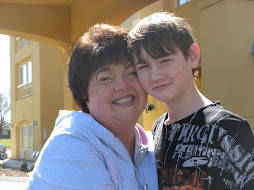.jpg)



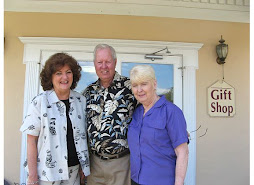

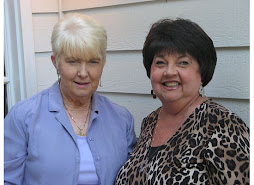
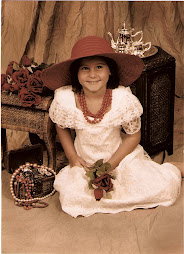
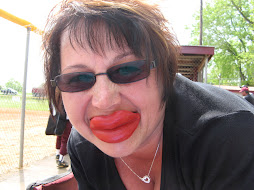


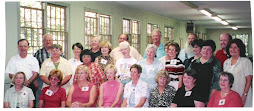
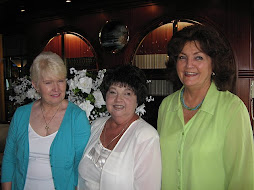
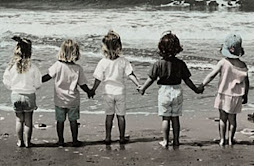


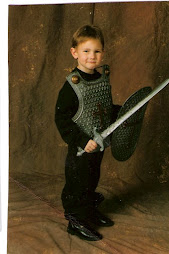
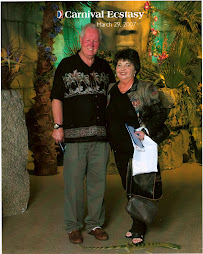




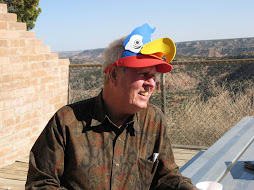

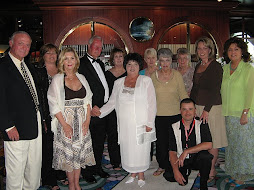

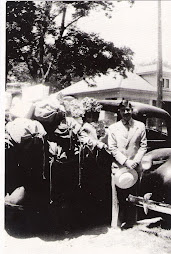
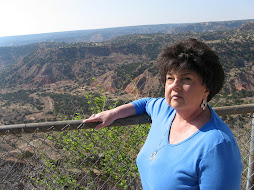
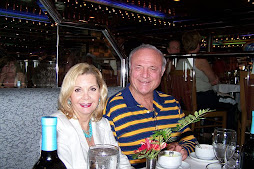
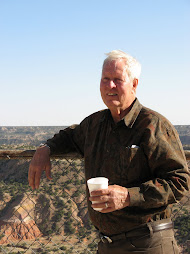
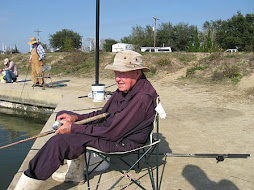
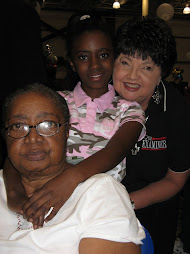

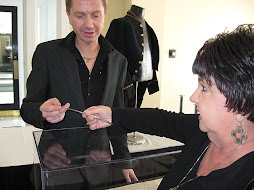

No comments:
Post a Comment